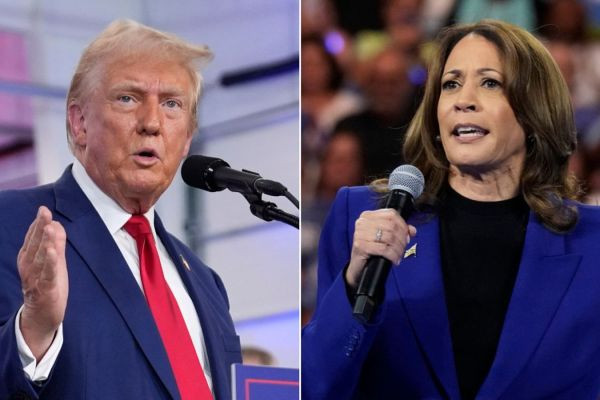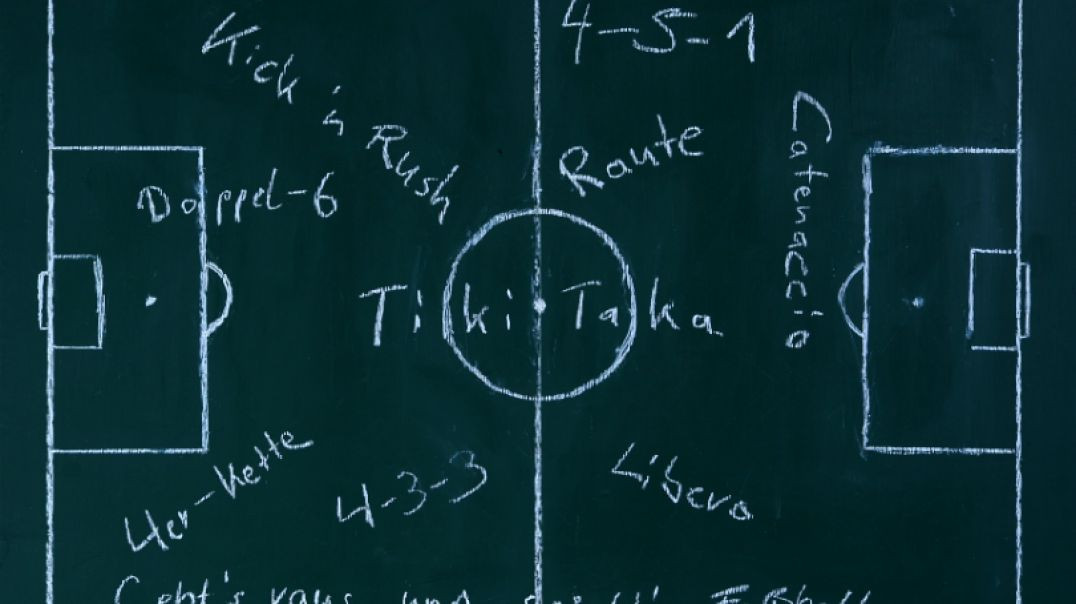In the high-stakes realm of American politics, debates often serve as crucial arenas for both policy discussion and strategic maneuvering. Recent developments have introduced a new layer of complexity to this landscape, as former President Donald Trump has suggested that the rules for the upcoming presidential debates have been finalized. This assertion has been met with swift rebuttals from Vice President Kamala Harris’s team, leading to a heated exchange over the debate framework. The dispute highlights the intricate dynamics of electoral politics and the broader implications for the upcoming debates.
Trump’s recent statements, made via social media, claimed that the rules for the upcoming debates were set in stone. According to Trump, the parameters for the debates—including formats, moderators, and timing—were already established. This claim appeared to be part of a broader narrative aimed at consolidating his influence within the Republican Party and asserting a sense of inevitability. By suggesting that the rules were finalized, Trump sought to reduce uncertainty and establish an advantageous position before the debates even commenced.
In stark contrast, Harris’s team has vigorously disputed Trump’s assertion. They argue that the rules, formats, and logistical details of the debates are still under negotiation and have not been conclusively determined. This response underscores a strategic effort by Harris’s campaign to keep the debate process flexible and open to adjustments that could benefit their candidate. By rejecting Trump’s claims, Harris’s team aims to maintain leverage in the ongoing negotiations and ensure that the debates are structured in a way that maximizes their candidate’s performance.
The controversy over debate rules touches on several critical points of dispute. One significant issue is the format and structure of the debates. Whether they are conducted as traditional formats with moderators or more informal town hall settings can significantly impact how candidates present their arguments and how voters perceive their performances. Trump’s suggestion that the format is already set may be seen as an attempt to influence this aspect, while Harris’s team contends that flexibility is necessary.
Another contentious issue involves the choice of moderators and the timing of the debates. Both candidates often have strong preferences regarding who moderates and when the debates are held. Harris’s team may be seeking to influence these decisions to create a more favorable environment for their candidate. Additionally, the specific rules governing the debates, such as time limits and response protocols, play a crucial role in shaping the debate dynamics. Trump’s claim that these rules are finalized could be intended to influence the final negotiations and establish a perceived advantage.
The political implications of this dispute are significant. For Trump, asserting that the debate rules are set serves multiple purposes. It helps set expectations and shape the narrative surrounding the debates, potentially creating pressure on his opponents. Additionally, by undermining the debate process, Trump aligns with his broader strategy of challenging established norms and institutions, consolidating support among his base, and projecting confidence and control.
For Harris’s team, refuting Trump’s claims is part of a broader strategy to maintain flexibility and ensure the debates are conducted in a way that benefits their candidate. This approach allows Harris’s campaign to adapt to changing circumstances and maximize their candidate’s performance. Furthermore, disputing Trump’s assertions helps to challenge his narrative and highlight inaccuracies.
The debate rules controversy is not an isolated incident but reflects a history of disputes and negotiations surrounding presidential debates. Similar controversies have arisen in past election cycles, with candidates negotiating the terms to gain an advantage. The stakes are high, as debates can significantly influence voter perceptions and campaign dynamics.
Media coverage of the dispute has been extensive, reflecting high public interest in the debates and the broader electoral context. News outlets have reported on the conflicting statements from Trump and Harris’s team, analyzing the implications for the debate process and the candidates’ strategies. Public reaction has been mixed, with some viewing Trump’s claims as a strategic move to assert dominance and others seeing it as a premature attempt to control the debate narrative.
As the negotiations continue and the debates approach, the focus will remain on how the final rules are established and their impact on the candidates’ performances. The ongoing controversy serves as a reminder of the broader dynamics at play in the electoral process and the challenges of ensuring a fair and effective platform for political discourse. The resolution of this dispute will have significant implications for the upcoming debates and the overall electoral campaign, reflecting the intense competition and strategic calculations that define modern American politics.



